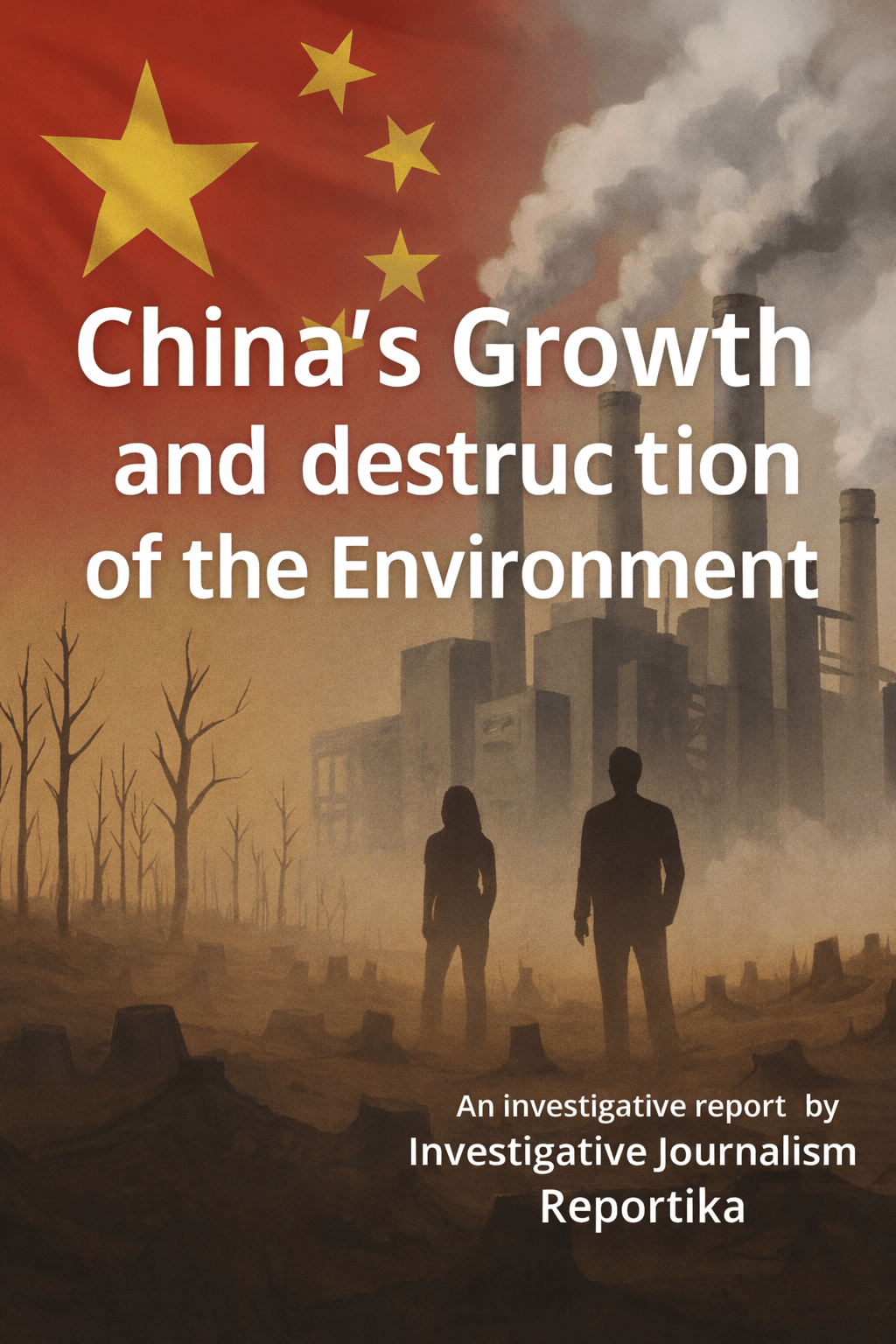Op-ed by Dolkun Isa
4th June is not a mourning day only for Chinese peoples, but also a mourning day for the whole world and human being.
On this day, we remember the victims of the Tiananmen massacre, 36 years after this atrocity was committed by the Chinese government. They were innocent protestors who yearned for democracy, freedom and human rights and were met with violence, intolerance an oppression. Those demonstrators only wanted the same fundamental rights and freedoms that all people should have, due to our common humanity. We must honor the victims who lost their lives in pursuit of these ideals.
The massacre was not only a human tragedy, but also proved to be a major setback to the dream many of us had of a freedom and democratic China. Before the massacre there was great optimism for a brighter future for all peoples under the rule of the CCP. It was a dream shared by peoples across China. In this moment, everything felt possible and a better life felt inevitable. I experienced this first-hand as, in 1988, I was a student leader of the democracy protests in East Turkistan. Uyghurs were joining the calls for democracy and human rights and demanded an end to the discrimination and repression of Uyghurs. However, we were also subjected to a heavy-handed response from the Chinese government. This simple act of exercising my right to protest and calling for the Uyghurs to have a voice has made me a target for the Chinese government and I was forced to flee China. Our hope for a more free and democratic future had been squashed by the Chinese government.

The Tiananmen Square Massacre was an indication of the direction the Chinese government would take since 1989. The deaths of possibly thousands of innocent protestors was a turning point that resulted in a severe escalation in violence and repression of activists in China. In the 36 years since, any rights and freedoms we did previously had have been stripped away. Thousands of our brightest minds and most passionate activists have since disappeared or face lengthily prison sentences. Any attempt to speak out about this horrific treatment has been brutally silence. This is true for all of China and especially for East Turkistan.
For the Uyghur people, the Tiananmen Square Massacre is not just a symbol of authoritarian brutality—it is a turning point that marked the beginning of even deeper repression in East Turkistan. In the years that followed, Beijing expanded its surveillance and security apparatus across the East Turkistan, silencing any form of peaceful resistance. Today, that repression has escalated into crimes against humanity and acts of genocide.
The legacy of Tiananmen matters deeply to the Uyghur people. It reminds us that the Chinese regime has always viewed calls for basic rights—whether from Chinese people or Uyghurs, Tibetan, Hong Kongers and others—as threats to its grip on power. It also reminds us that the tools of oppression perfected in Beijing were later exported to East Turkistan and are now used to crush an entire people.

As the CCP continues to censor any mention of Tiananmen, manipulates the narrative and punishes those who try to commemorate it, the World Uyghur Congress stands in solidarity with the victims of June 4 and their families. We call on the international community to remember Tiananmen not as a closed chapter, but as part of a continuing pattern of violent repression that affects millions of people in China today—especially the Uyghurs. Accountability for the victims of the massacre is needed.
Complete Report on Tiananmen Square Massacre by Investigative Journalism Reportika: Link




